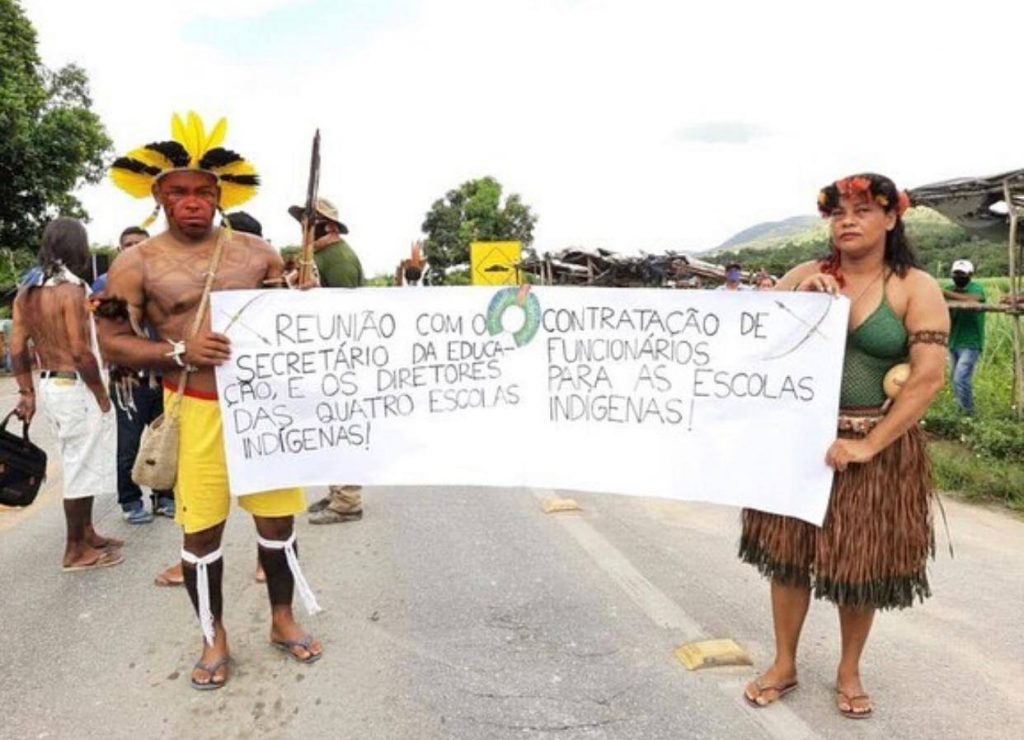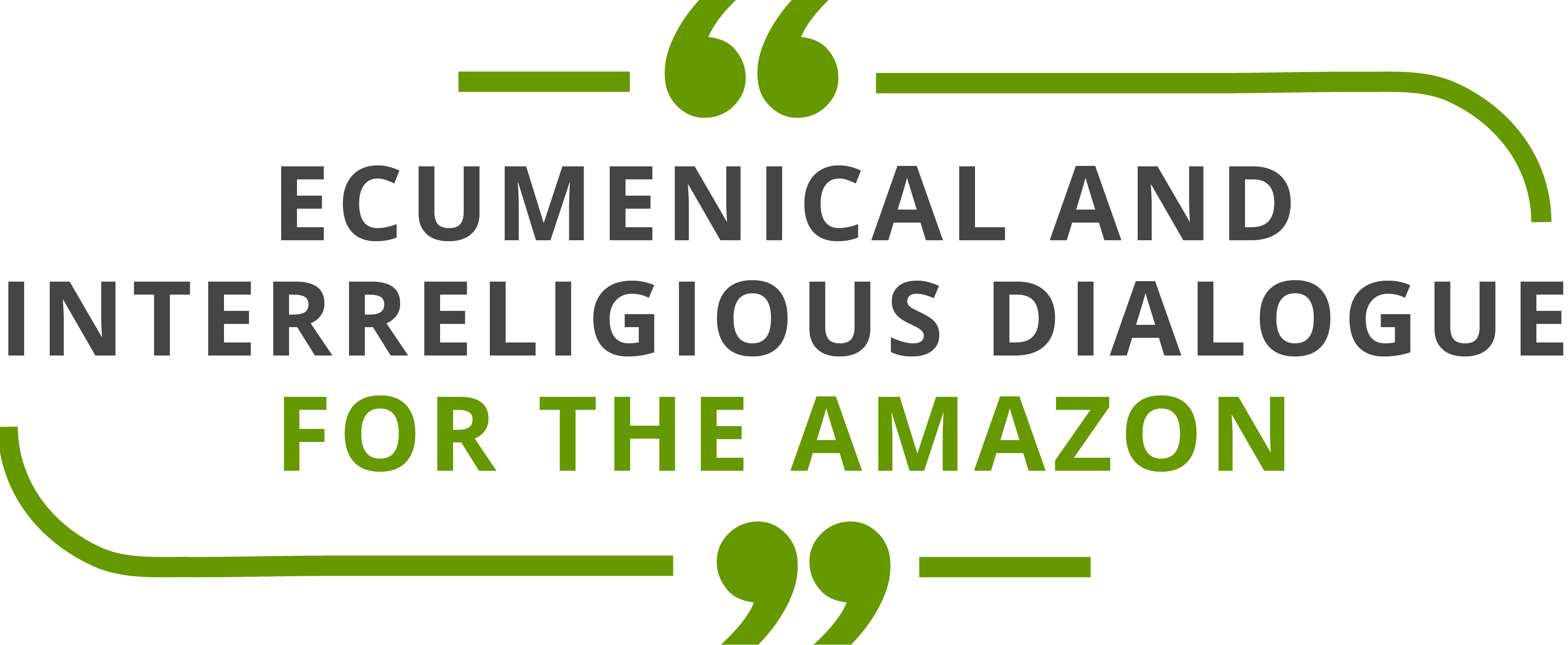
BRAZIL
Sheila Tanaka
Fundamentalisms in the Amazonia
In 2020, the Ecumenic Forum ATC (FESUR) conducted a research over the advancements of the so-called political-religious fundamentalisms in South America. The term fundamentalisms refers to practices and discourses of intolerance and rejection of dialogue, which, in the case under study, form ‘a perspective of the world, an intepretation of reality, of religious origins, combined with political actions which stem from this view, undermining democratic processes and sexual and reproductive rights and the rights of the traditional communities, and plurality value policies.’ [1]. The study points out the association between conservative religious speeches and economial interests to impair victories regarding human rights and the environment.
This ongoing process directly affects the preservation of the Amazonia and the recognition of the rights of its rural and urban peoples. The neoliberal policies of economic exploitationt all costs of natural resources ‘impose rules of government rebuilding that hits traditional communities, with the extintion of land and crops preservation policies of ancestral cultures.’ [2]. The analysis of that process shows us, partially, why traditional communities have received scarce attention to face the pandemic or, in some cases, suffer elimination policies.
The association between political-religious fundamentalisms and political and economic practices of Amazonian destruction have a much deeper effect than that of communication. A concrete example is the case of Brazil, where president Jair Bolsonaro, elected with vast support from neopentecostal evangelic churches and neoliberal economists, fulfills his campaing promises of impairing the identification of indigenous lands and deepening the economic exploitation of the Amazonia. Since the moment of his taking of office, in January 2019, almost 20 thousand square kilometres have been deforestated. [3]
Interreligious dialogue as an alternative
Given this scenario, it is urgent bringing into debate the ecumenic and interreligious dialogue.Churches and ecumenic organisations have been historic guiding lights illuminating dark times in Latin-American history, such as in the case of human rights actions during the military governments in the continent in the 20th century. If the Amazonia is at risk of no-return –point damage, and their people suffer with the neglect and atacks of the government, it is paramount and urgent to rescue the respect for nature and the building of alternatives stemming from ecumenic dialogue.
In the COVID-19 pandemic, churches and their webs have a key role in the support and joint action alongside that of the rural and urban Amazonian communities. In particular, it is the action of the Pan-Amazonic Ecclesiastical Web (REPAM in Spanish) which is highlighted in the compilation of data regarding the virus among Amazonian communities bearing in mind its capilarity in the region, with weekly reports on the number of infected people and deaths. There are also numerous direct community assistance projects in the catholic webs and international scope actions to report and demand resposibility from governments, alongside indigenous communities and Pan-Amazonian organisations. [4]
This 22nd April, on Earth Day, a group of ecumenic and interreligious organisations call for taking part in the dialogue sessions ‘Indigenous spirituality, the care for Earth and the Abya Yala territories.’ Representatives of Brazil, Colombia, Peru and Bolivia will conduct a dialogue session on the current situation of vulnerabilities amidst the pandemic, the role of churches in protecting the environment, indigenous spirituality and the Escazú Agreement. The event is being organised by KOINONIA, Iniciativa Interreligiosa para los Bosques Tropicales en el Perú (IRI Perú), Renovemos Nuestro Mundo, Memoria Indígena and Instituto Superior Ecuménico Andino de Teología (ISEAT).
The talks between different spiritual expression has the potential to renew our hopes in a world where respect is the normal, where the respect for Creation is a worldwide statement. Let us act for the becoming of the after-pandemic ‘new normal’ into something more careful and attentive of the rights of traditional communities and for nature.
[2] Idem, p. 32.
[3] http://www.inpe.br/noticias/noticia.php?Cod_Noticia=5294
